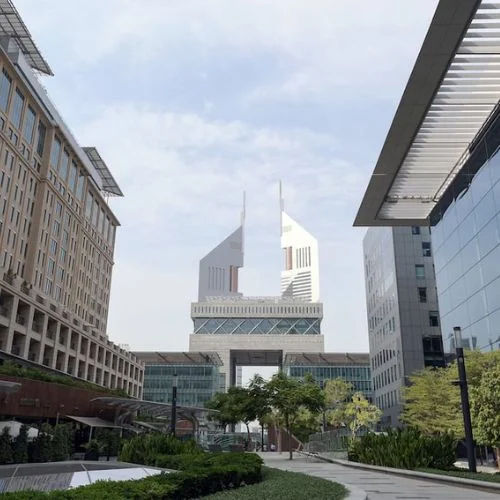For iPhones that are being produced here, Japan’s TDK Corporation will produce battery cells in India, according to Business Standard, which cited persons with knowledge of the move.
According to the source, Sunwoda Electronics, Apple’s Li-ion battery assembler, which is now based in India and imports cells from other international markets, will receive battery cells from TDK.
In addition to acquiring Li-ion battery and cell producer Amperex Technology, based in Hong Kong, TDK has reportedly paid Rs 550 crore for the purchase of 180 acres of land close to Gurugram, Haryana, with the intention of establishing a plant that will produce Li-ion battery cells among other things.
The Business Standard report states that during the following 12 to 18 months, commercial production of cells for Apple is anticipated to start.
This is a component of Apple’s plan to broaden the basis of its Indian manufacturing. According to an article published in ET on November 20, Apple plans to produce close to Rs 1 lakh crore worth of iPhones in India by the time its fiscal year ends in March 2024. Its production in the first seven months of the current fiscal year has already exceeded Rs 60,000 crore.
Approximately 70% of iPhones made in India are shipped overseas. As of October of this fiscal year, Apple has exported iPhones for 40,000 crore ($5 billion).
In a previous speech at the 6th India-Japan Indo-Pacific Forum, External Affairs Minister S. Jaishankar emphasised how the two countries’ partnership has been gradually growing in recent years.
Agreements like the Quad, the semiconductor supply chain collaboration, the sustainable energy partnership, and the supply chain resilience program all demonstrate this. At the November 16 forum, Jaishankar essentially stated, “We have also joined multilateral initiatives like the Indo-Pacific Economic Framework for Prosperity (IPEC).”
These arrangements, according to the minister of external affairs, are essential to building a stable and robust global economy. Japan, he claimed, has remained a key player in India’s economic development narrative since it actively participates in a number of the country’s landmark projects and national campaigns.
In light of this, the minister stated that both nations are pursuing a joint commitment to achieve the Yen 5 trillion investment goals, or around USD 42 billion, over the course of the following five years.















